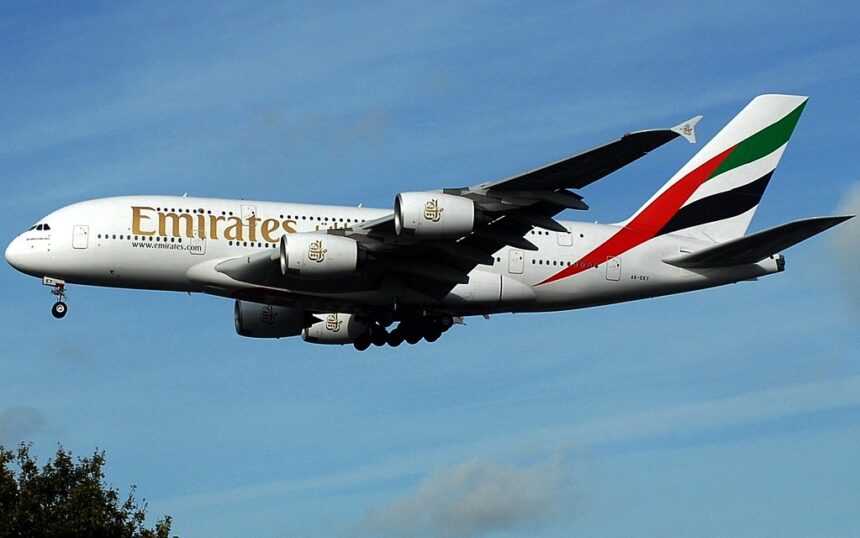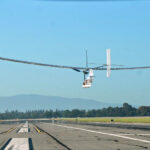Southwest was the last airline to not punish my family financially for wanting to sit with our children on a flight without having to pay $35-50 more per flight, Emily Porter, a physician based in Austin Texas, wrote about the issue shortly after Southwest announced that it would be discontinuing its open-seating policy.
Next, free bags will also be axed and they’ll look just as bad.
Drew Ayling a software engineer with Ford Motor Company described the move as “something that simply didn’t feel right”. TJ Moe a former America Football wide receiver referred to the move as an “awful decision”.
“Southwest is my favorite airline because they have open seating,” said he on X.
Porter, Ayling, and Moe are just a few of the many flyers that have voiced their dissatisfaction with the decision of the airline to discontinue open seating – a practice it has used for more than 50 years as part of “modernisation”, but also for the generation of extra revenue.
Southwest Airlines announced the change last Thursday. According to the research they conducted, 80% of Southwest’s customers and 86% of its potential customers prefer a reserved seat. The airline even claimed that the open seating model was the main reason customers chose competing airlines.
Some have welcomed the change, but their numbers are few. This raises the question of whether it will alienate the airline’s loyal customers.
Southwest Airlines’ egalitarian seating policy
The airline, based in Dallas, was founded in 1968 and quickly distinguished itself for its unique offerings or lack thereof.
In the 1970s, first-time passengers were welcomed with an innovative proposition: open seating and self-service. The reservation confirmed that a flyer would be seated on the aircraft, but s/he didn’t know which seat.
Some air hostesses would joke,
You can sit wherever you want, just like at church. “You can sit wherever you like, just like in church.”
The founder Herb Kelleher was also against the “class mentality” and did not allow anyone to board first.
Is it a good idea to match the offers of your peers?
Southwest Airlines will now also set aside approximately one-third its seats in the cabin for premium and extended legroom. The airline stated that this was a popular request from customers and is similar to what other airlines offer on narrowbody aircraft.
Christopher Meller of Lundbeck’s insights and analytics directorate, in a lengthy post on LinkedIn, referred to the move as a “shortsighted mistake”.
Meller questioned whether the airline was right to eliminate a “key distinguishing feature” in order to create a product that is “me too”, all to increase market share.
“Sometimes the rush to conform with what your competitors are offering can make your brand a commodity instead of making it standout. “I believe that this is the situation Southwest will face soon with their latest decision,” said he.
Elliott Management’s pressure behind the move, despite disappointing earnings
The airline may have dubbed this move as a step toward modernisation, but it’s a well-kept secret that the company was forced to act by the activist investor Elliott Management, combined with the disappointing share price and earnings performance since the pandemic.
Southwest’s financial performance is not impressive. Shares have lost nearly half their value in the last three years, while the S&P 500 Index has grown by 25%.
The company’s trailing P/E ratio is 33, which is significantly higher than industry median of 4,86. Its operating margin has declined from 13% to less than 0.2% during the first half of the year.
LSEG data reported by Reuters shows that only two out of 18 analysts have a rating of “buy” on the stock.
Bob Jordan, CEO of American Airlines, said that the change could bring in more than $1 billion annually and expand the airline’s appeal.
What say the analysts?
Analysts have pointed out the need for high-margin revenues streams to offset costs pressures.
According to Reuters analysts at Raymond James believe that the changes will contribute 95 cents a piece to the airline’s earnings in the next year. The report said that rival airlines such as Delta Airlines, United Airlines and Alaska Airlines rely on high-spending passengers to boost their profits.
Analysts said that Southwest’s ability to sell and market the changes, and enter a new market would be crucial for its success.
Reuters reported that Conor Cunningham of Melius Research said, “Expectations shouldn’t be tempered because assigned seating will be a major change for Southwest.”
It cannot be overlooked that Elliott himself has cast doubt on this supposed landmark move.
“This failed leadership team’s announced initiatives–obvious attempts at self-preservation–are simply not credible. It is not a good strategy to do too little, too late. In a press release issued shortly after the airlines’ announcement, Elliott stated that it was time for a new leadership.
Southwest had considered switching from open seating to assigned seating as early as 2006, but abandoned the idea when tests revealed that the change could hurt the airline’s efficiency and cause boarding times to increase by up to four minutes. Reuters reported that the switch could increase labour costs, as Southwest may need to hire more agents for boarding.
Is Southwest Airlines’ decision to stop open-seating on its planes a smart move or a miscalculation? This post may be updated as new information becomes available
This site is for entertainment only. Click here to read more






